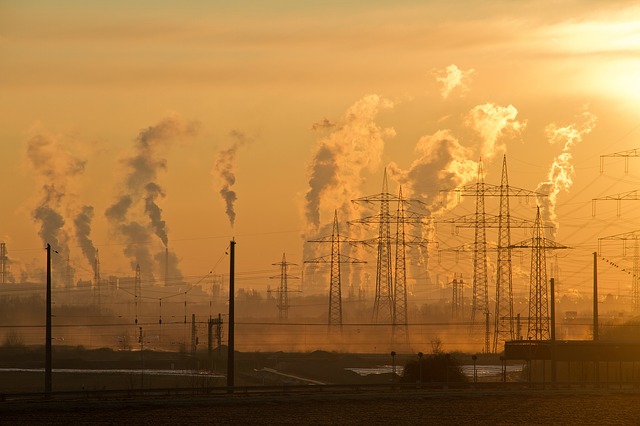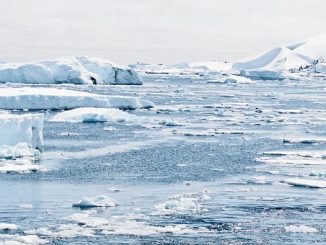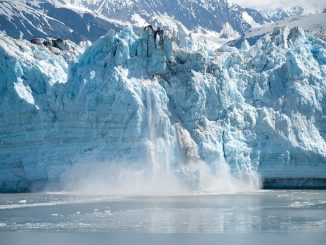
According to a recent study published in Science Advances, global warming did not slow down from 1998 – 2012 like we believed (or maybe hoped will now be a more appropriate term). The independent data collated from different readings has confirmed the opposite. Over the last five decades, our ocean waters have continuously been getting warmer, and it’s not just by 0.07 degrees Celsius as previous estimates suggested. It’s happening much faster — at 0.12 degrees Celsius per decade.
It’s bad news for climate change deniers who used this alleged hiatus to support their political agenda, specifically to resist policies aimed at reducing greenhouse gas emissions. It’s worse news for climate change believers because this validates their worst fears — that global warming is a clear and present danger.
It was in 2015 when the supposed ‘pause’ in global warming was first questioned through a study conducted by National Oceanic and Atmospheric Administration (NOAA) scientists. Based on their findings, the hiatus did not actually happen. There were simply inconsistencies between the readings collected by older ships which used less accurate measurement methods, and the data gathered by more precise modern instruments.
Apparently, an older ship-based system will register a slightly higher reading than a modern buoy when both are used simultaneously to measure the same part of the ocean. It’s mainly because ships measured temperature through water that flowed into the engine room, a spot that’s typically warm. On the other hand, today’s modern buoys measure temperature directly from the ocean, which is normally cooler than what an engine room reading will be. Combining the readings produced the erroneous results that suggested warming was slowing down.
Through the latest study which was funded by non-profit research group Berkeley Earth and led by Zeke Hausfather of the UC Berkeley’s Energy and Resources Group, the findings of the 2015 NOAA paper have been confirmed, and the efforts of the NOAA scientists have been vindicated. There was neither ‘doctoring of climate readings’ nor ‘cooking the books’ done to achieve political gains.
By separately analysing data taken by buoys, robotic floats and satellites, Hausfather’s team found out that the information they got matched NOAA’s recalculated measurements, proving that the perceived hiatus indeed resulted from the different measurement techniques.
So what does this mean for us? Extreme deniers may continue to believe that the threat of climate change is being blown out of proportion. And they may want to wait for other independent findings before they even consider changing their perceptions. But by then it might be way too late. It’s a good thing believers seem to outnumber the deniers. This gives us hope that as more people around the world realize that climate change is a real and serious problem, they will join forces in working together to make sure our planet doesn’t go down without a fight.




The political agenda is yours, not the deniers.